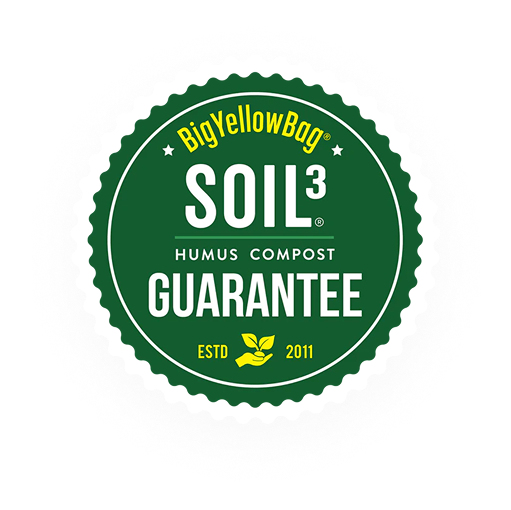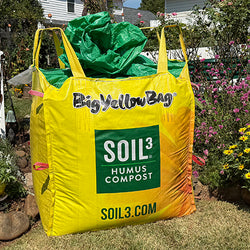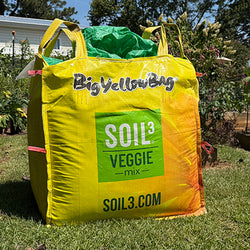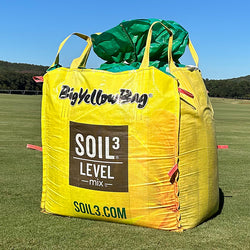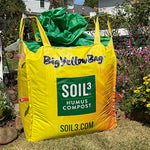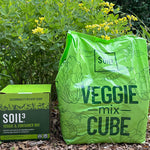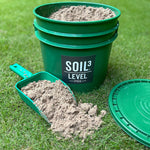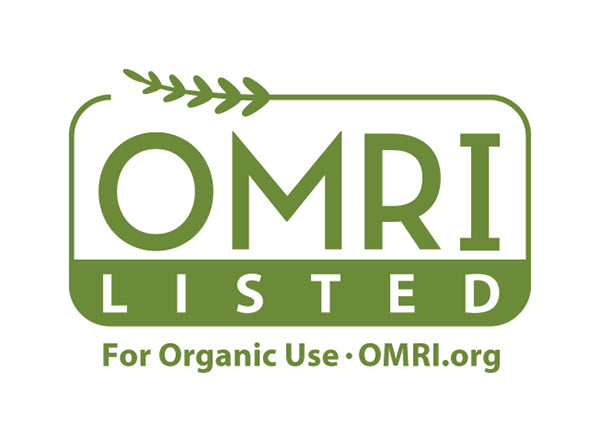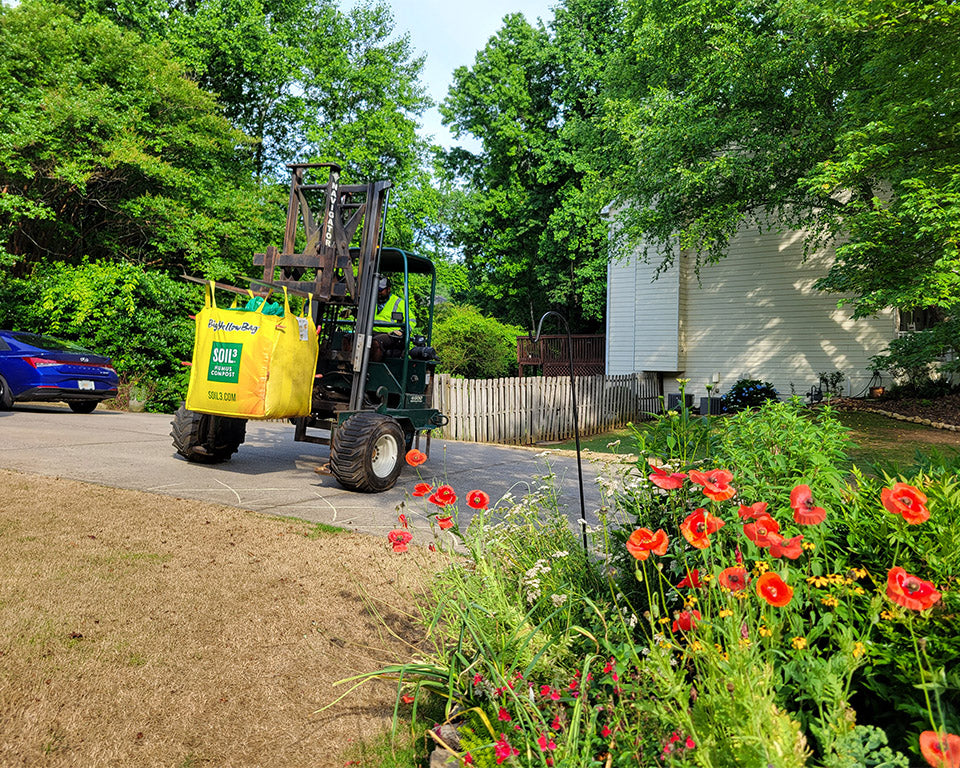Why Soil³
Your dirt is the most important aspect of growing a garden. Without a healthy root system, plants never reach their full potential. That's why we say, "feed your dirt first!"
With the addition of Soil³ humus compost or Veggie Mix, your ground (then your plants) gets fed natural nutrients, microorganisms, and the critical organic matter that builds good soil structure.

For Organic Gardening
Soil³ compost is approved by the Organic Materials Review Institute (OMRI) as a product for certified organic gardening. Many composts claim the word “organic,” but in reality are far from it.
Check with OMRI to verify the authenticity of claims that any product is safe for organic gardening. We are OMRI Listed!

Feed your dirt first!
By introducing organic matter into your ground, Soil³ humus compost & Veggie Mix are the natural and safe choices to build good soil structure and grow stronger, healthier plants.
- Compost helps reduce compaction
- Compost improves aeration
- Compost neutralizes pH—that means the pH of an acidic soil will be raised into a better pH range; likewise an alkaline pH will be lowered into a better pH range for plant health
- Compost not only provides natural nutrients, it increases nutrient retention
- Compost suppresses diseases in lawns and gardens by introducing beneficial microorganisms into the soil

Reduces Pesticide Use
Our compost & mixes grow stronger, healthier plants, reducing the need for chemicals. They also offer beneficial soil microorganisms, further minimizing the need for pesticides.

Reduces Fertilizer Use
Take advantage of the natural nutrients in compost and hold off on fertilizers—we've tested our compost & Veggie Mix in raised beds for up to four years without applying fertilizer!

Regulates Water Use
Compost improves soil structure, regulating water when mixed into any soil. It helps retain water in quick-draining, sandy soils; while improving drainage in compacted clay soil.
Safe & Productive Ingredients
We grow most of our plant material and work closely with our suppliers to ensure safe ingredients. To further ensure the safety, we run bioassays (a test using plants to look for symptoms) to monitor for herbicide carryover.
Our compost and mixes never will contain the items listed here.

How We Make Humus Compost
Our humus compost is comprised of grass clippings and wheat straw from our farms, plus cow manure from a local dairy. We compost using a high heat method and add mycorrhizae. Beneficial microorganisms naturally colonize the compost as part of the process.
Soil³ products are not created using random carbon and nitrogen sources that may be contaminated. We have control over the inputs–growing most of the grasses and wheat ourselves and contracting with a dairy that feeds their cows silage. It’s important to know where compost inputs come from and we tell you exactly about ours.
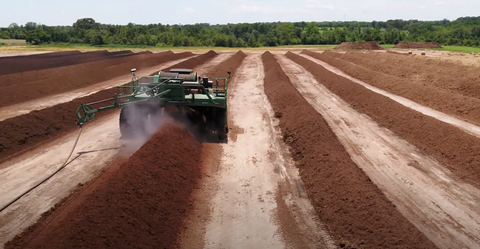
3 Main Ingredients: Grasses, Wheat, Manure
These ingredients are formed into windrows and turned with state-of-the-art composting equipment.
Some sand enters the compost from our windrow pads during processing. It is a welcome addition for its benefits—improving drainage and soil structure.
We compost using a high heat composting method that reaches at least 160ºF for 4 weeks. This unique process creates humus compost by helping natural materials decompose to stable, long-lasting organic matter.
Then it's screened to ensure fine, crumbly compost without a mulch-like texture.

Simple Delivery
No need to be at home, simply make an X on your driveway for placement. Use chalk, tape, sticks or cross tools to make the X and be creative if you want!
🦺 Safety is a priority, so we prefer driveway delivery, but if you can routinely drive your car to the location, we may be able to place your bag there. Our forklifts need 10' width through all openings such as gates. Please leave detailed delivery notes at checkout.
Pick up at Super-Sod
Do you have a full-size truck or trailer? We can load you up. Each BigYellowBag weighs 1,500 to 2,200 lbs., depending on product and moisture content, so make sure your vehicle can handle the load.
Find Your Closest Store
